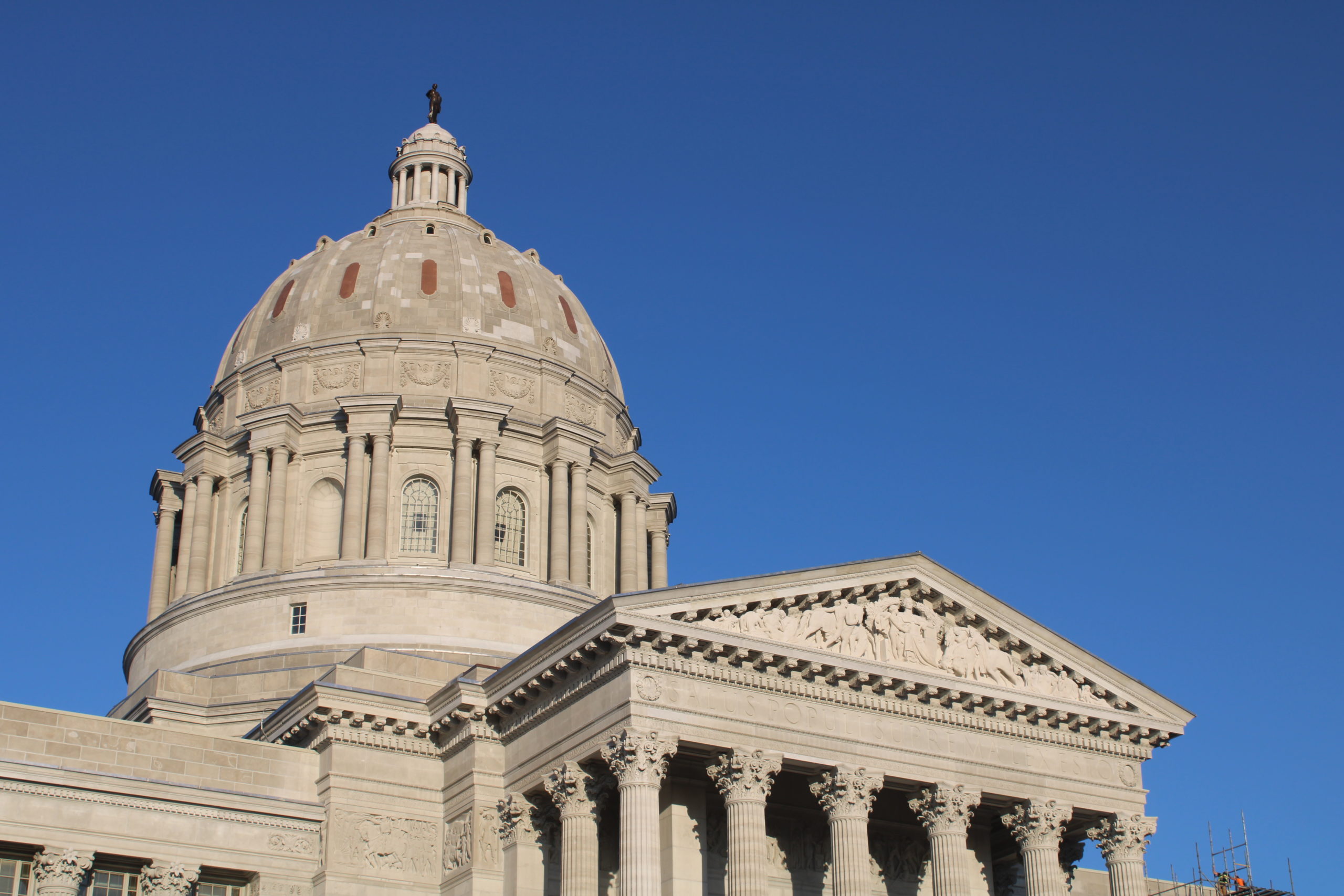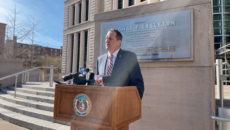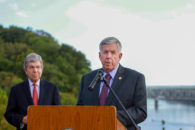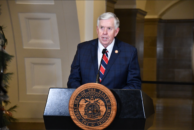Congress is debating the massive $1.2 trillion Infrastructure Investment and Jobs Act touted as the largest long-term investment in competitiveness and infrastructure in nearly a century. The investment will “make life better for millions of Missouri residents, create a generation of good-paying union jobs and economic growth, and position the U.S. to win the 21st century,” according to the White House.
U.S. Senator Roy Blunt voted in favor of the legislation during the upper chamber’s final vote, touting the potential benefits for the state’s roads and bridges as well as the information highway.
“As a national transportation hub, Missouri is among the states that will benefit the most from the targeted investments in this bipartisan infrastructure bill,” Blunt said. “The bill authorizes more than $8 billion to help our state improve the safety and reliability of our roads and highways. It includes much-needed funding for ports and waterways. And, it focuses resources toward ending the digital divide that has left nearly one-third of rural Missourians without access to broadband.”
“The investments in this bill will help us maintain that advantage and improve the quality of life for families, businesses, and farmers,” he continued.
Missouri is expected to receive $6.5 billion for federal highway programs and $484 million for bridge repairs and replacements over the next five years. The state also has the opportunity to bid for a $12.5 billion investment in its bridges through the Bridge Investment Program and a $16 billion allotment for major projects aimed at economic development.
Roads and bridges are a priority in the Missouri Capitol where Gov. Mike Parson recently signed off on an incremental increase to the state’s motor fuel tax in order to maintain the state’s infrastructure. Senate President Pro Tem Dave Schatz, who sponsored the tax hike, touted the investment as a boon to a system in desperate need of maintenance but warned of potential spending concerns.
“I believe infrastructure is one of the most critical things you can invest in, from roads and bridges to broadband,” Schatz said. “We’re not sure what the stuff is in the bill where we might have to hold our nose, but these investments would be phenomenal for Missouri because we’re going to need it to continue pushing Missouri forward.”
The state’s public transportation system is set to receive more than $670 million over the next five years. The White House estimated 32 percent of Missouri’s public transit vehicles had exceeded their useful lifespans and that commuters spend an extra 80 percent of their time on the commute.
Another focus of the allocation was electric vehicles, with more than $7.5 billion invested in charging stations across the country. Missouri is estimated to receive $99 million over the next five years to expand its EV charging network in addition to the opportunity to vie for an additional $2.5 billion in grant funding.
Missouri is expected to receive a minimum of $100 million to improve the state’s broadband infrastructure under the bill, providing access to more than 330,000 residents. Rep. Louis Riggs, who leads the Interim Committee on Broadband Development, praised the federal government’s focus on broadband but said the challenge was ensuring the funds were put to good use.
“I’m encouraged by the interest in broadband and that investment. The federal government has been quick to clarify its requirements and move deadlines when asked, and this investment shows we all have a dog in this fight,” Riggs said. “The real challenge is to implement the funds and figure out how to use them to best serve Missourians once we have it.”
Riggs said his committee would consider the investment in its report on bridging the digital divide ahead of the next legislative session if the bill were to pass as is.
The U.S. Senate approved the bill by a bipartisan vote of 69-30 Tuesday.

Cameron Gerber studied journalism at Lincoln University. Prior to Lincoln, he earned an associate’s degree from State Fair Community College. Cameron is a native of Eldon, Missouri.
Contact Cameron at cameron@themissouritimes.com.







































